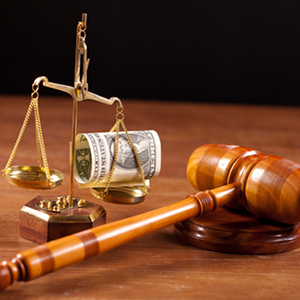 Defense attorneys for Facebook and founder Mark Zuckerberg won’t oppose attorney Dean Boland’s motion to withdraw from representing plaintiff Paul Ceglia, as long as he can’t have his cake and eat it too, according to a new federal court filing (read it below).
Defense attorneys for Facebook and founder Mark Zuckerberg won’t oppose attorney Dean Boland’s motion to withdraw from representing plaintiff Paul Ceglia, as long as he can’t have his cake and eat it too, according to a new federal court filing (read it below).
First, they insist that a withdrawal “not be construed as authorizing any further delay” in the case, including a pending decision on a defense motion to dismiss Ceglia’s “fraudulent lawsuit” seeking a fifty-percent ownership stake in Facebook.
Second, Facebook’s attorneys want Boland’s in camera communication to the judge in support of his withdrawal made public, arguing that there is nothing confidential about Boland’s “personal reasons” for withdrawing because, they say, at the same time he filed a “‘self-serving’ memorandum that he admits was for ‘the media.'”

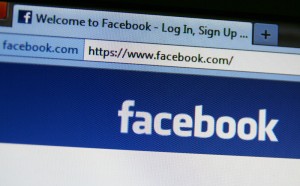
 After three years, language-learning software company
After three years, language-learning software company  Paul Ceglia, the embattled Facebook, Inc.
Paul Ceglia, the embattled Facebook, Inc.  Last week, on October 26, Kickflip, Inc. (doing business as, and hereinafter referred to as, Gambit)
Last week, on October 26, Kickflip, Inc. (doing business as, and hereinafter referred to as, Gambit) 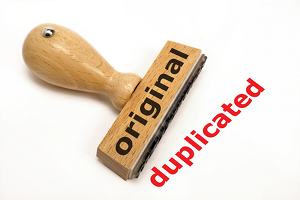 Facebook, online advertising agency adSage, and a web-based wholesaler of Chinese goods are named as defendants in a new class-action trademark lawsuit accusing them of enabling the placement of, or placing ads for, counterfeit NFL apparel on the social network. (read it below)
Facebook, online advertising agency adSage, and a web-based wholesaler of Chinese goods are named as defendants in a new class-action trademark lawsuit accusing them of enabling the placement of, or placing ads for, counterfeit NFL apparel on the social network. (read it below)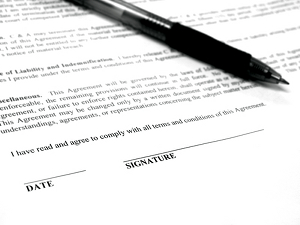 Yesterday Facebook and Mark Zuckerberg scored a huge win against Paul Ceglia, the plaintiff claiming 50% ownership of the social media company, but whose allegations the defendants have consistently maintained are based upon a fraudulent work for hire document.
Yesterday Facebook and Mark Zuckerberg scored a huge win against Paul Ceglia, the plaintiff claiming 50% ownership of the social media company, but whose allegations the defendants have consistently maintained are based upon a fraudulent work for hire document.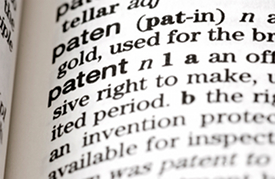 Evolutionary Intelligence, LLC sued
Evolutionary Intelligence, LLC sued  Why would a defendant litigate over four and a half years, finish conducting discovery, tell a court that it’s ready for trial, and then – only then – ask a plaintiff to admit that he posted photographs on Facebook and other social media sites?
Why would a defendant litigate over four and a half years, finish conducting discovery, tell a court that it’s ready for trial, and then – only then – ask a plaintiff to admit that he posted photographs on Facebook and other social media sites?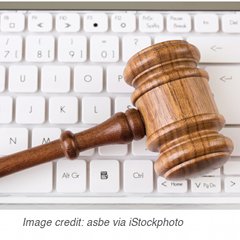 Here is a summary of legal developments in five federal and state court cases last week that involved technology companies, or alleged activities by their users.
Here is a summary of legal developments in five federal and state court cases last week that involved technology companies, or alleged activities by their users.